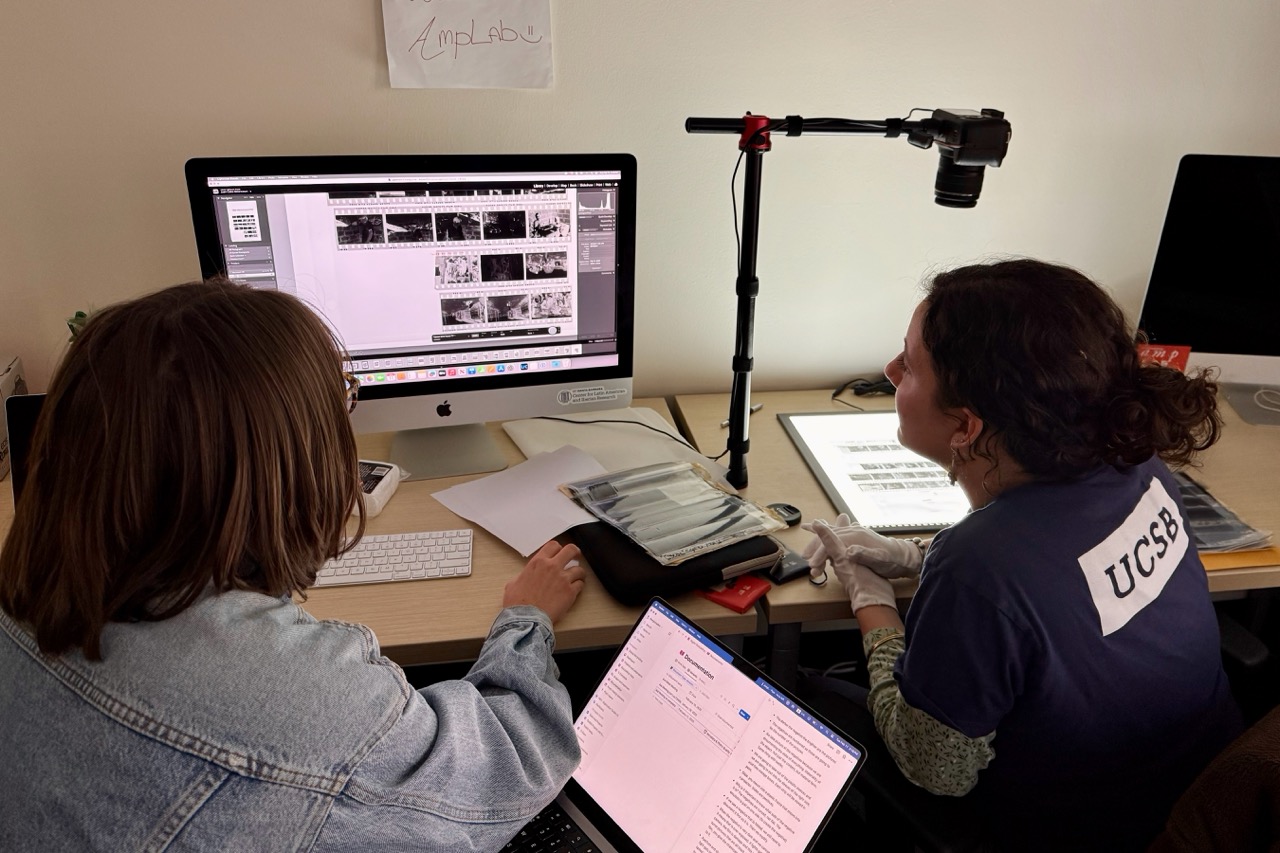Memories of the City: Digitizing Multimedia Archives of Medellín’s Recent History was a project to digitize and preserve two archives that concern memory, urban migration, and political struggles in Medellín, Colombia, focusing on Moravia and other neighborhoods. Driven from rural areas by violence and a lack of opportunities, migrants poured into Medellín from the 1950s, building homes and communities that grew into massive shantytowns (tugurios). There they developed grassroots movements that united peasants, priests, students, and women to resist state-led evictions, defend and promote their rights, and seek political participation. While some efforts led to legalization of their neighborhoods and infrastructural improvements, repression, legal struggles, and eviction threats persist today.
This project drew on two archives, which we digitized, preserved, and are working to make available in digital form.
The first concerned the Tuguriano Movement of Barrio Fidel Castro (the Moravia neighborhood), documented in Misa Colombiana (1976), a film by Anne Fischel and Glenn McNatt. In collaboration with Fischel, UCSB undergraduates digitized a collection of photographic materials that provide an intimate look at everyday life and political organizing in Moravia.
The second is an archive of oral histories collected by linguists Luz Stella Castañeda and José Ignacio Henao from the University of Antioquia in the 1990s and 2000s. Castañeda, Henao, and their students recorded and transcribed these in order to study Parlache, a sociolect spoken in Medellín that emerged in the 1980s amid economic instability and violence. This collection, which includes anonymized interviews and writings of marginalized youth, was key to their linguistic research, but has not been more broadly accessible.
Ultimately, this initiative contributes to our effort to reimagine how archives can function: not as passive repositories but as dynamic, collaborative spaces where diverse voices contribute to knowledge production. Through this work, we hope to develop digital tools that expand accessibility, ensuring that archival practices become more inclusive, sustainable, and reflective of the communities they represent.

